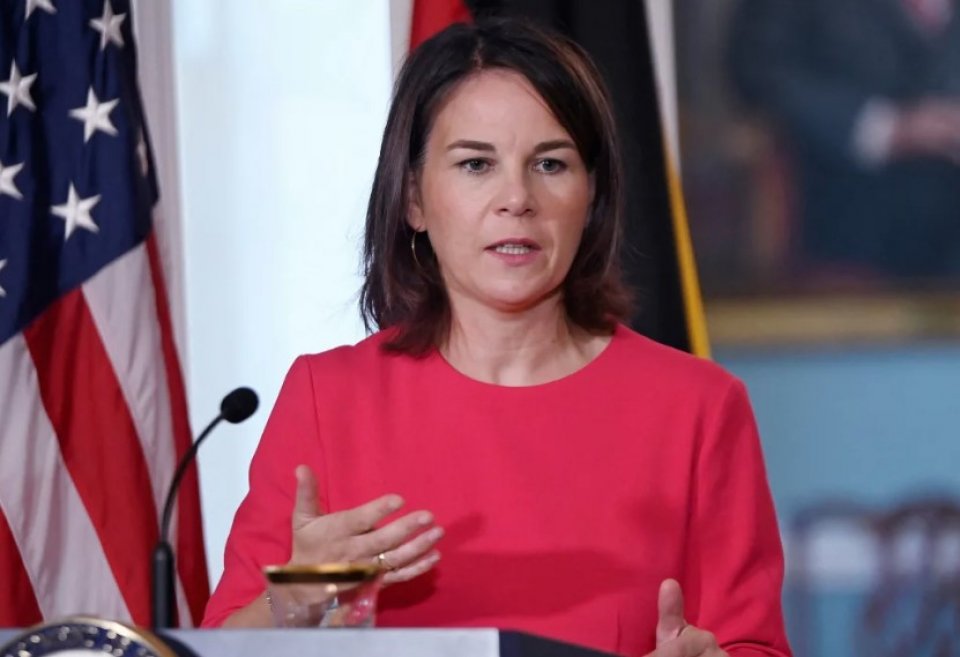China has lashed out at Germany after its foreign minister called Xi Jinping a “dictator” and summoned Berlin’s ambassador for a dressing down, in the latest flaring of tensions with a western democratic power over how the Chinese leader is described overseas.
German Foreign Minister Annalena Baerbock made the remarks in an interview with Fox News during a visit to the United States last week.
When asked about Russia’s war on Ukraine, she said: “If Putin were to win this war, what sign would that be for other dictators in the world, like Xi, like the Chinese president?”
The Chinese government on Sunday summoned Germany’s ambassador to China, Patricia Flor, to protest Baerbock’s comments, a German foreign ministry spokesperson told CNN Monday.
China’s Foreign Ministry said Beijing was “strongly dissatisfied” with Baerbock’s comments and “firmly opposes” them.
“The remarks made by Germany are extremely absurd, seriously infringe on China’s political dignity, and are an open political provocation,” Chinese foreign ministry spokesperson Mao Ning said at a regular news briefing on Monday.
The question about Baerbock’s remarks and Mao’s response are both missing from the briefing’s official transcript posted later on the ministry’s website.
The Chinese Foreign Ministry often leaves out content it deems sensitive from the transcripts of its regular briefings.
It is not the first time China has shown sensitivity towards how foreign leaders refer to Xi – China’s most assertive leader in a generation who has heavily centralized power and is nearly a year into his norm-busting third five-year term.
In June, US President Joe Biden also referred to Xi as a “dictator,” sparking a fierce backlash from Beijing.
At the time, China’s Foreign Ministry bristled at Biden’s comments, saying they “seriously contradict basic facts and seriously violate diplomatic etiquette.”
In 2000, Xi’s predecessor Jiang Zemin famously objected to be called a “dictator” in a spirited exchange with American journalist Mike Wallace on CBS’ “60 Minutes.”
“You mean I’m a dictatorship?” an apparently surprised Jiang replied in English, while breaking into a laugh and calling the description “a big mistake.”
“Very frankly speaking, I don’t agree with your point I’m a dictator,” he said. “Your way of describing what things are like in China is as absurd as what the Arabian Nights may sound like.”
Jiang, who died aged 96 last year, is remembered by many Chinese as a symbol for a bygone era when China was perceived to be freer and less ideologically driven under a system known as “collective leadership”.
That referred to a power-sharing arrangement among political elites introduced by paramount leader Deng Xiaoping to restore stability in the aftermath of Chairman Mao Zedong’s turbulent dictatorship.
Since coming to power a decade ago, however, Xi has dismantled that model and moved back towards something much more closely resembling one-man rule.(CNN)







